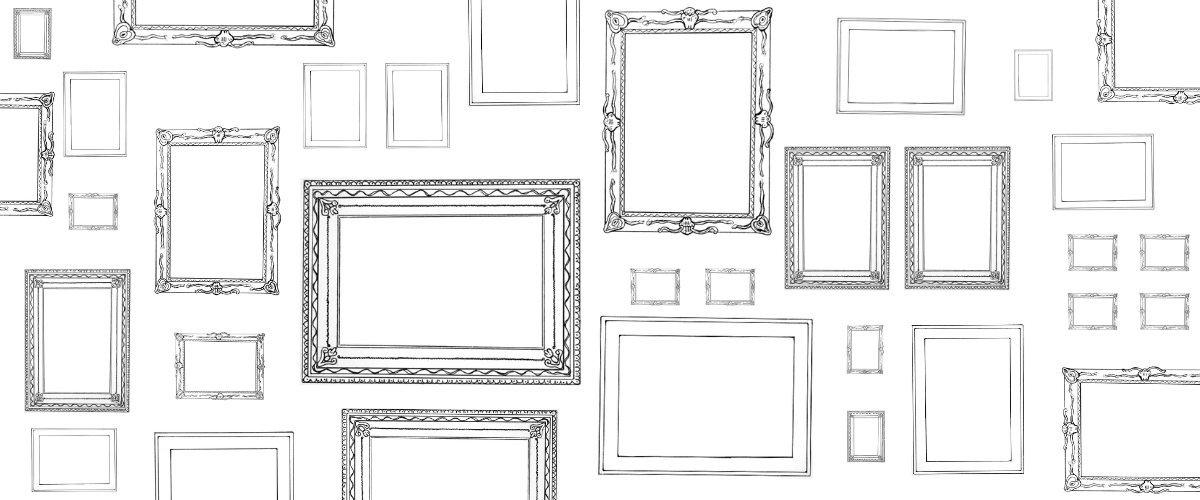Arts companies need to exhibit qualities associated with this diversity. In order to encourage genuine diversity, organisations need to become more open in their approaches, dialogues and thinking. They need to avoid becoming fixed structurally, or in their offerings, and make way for other views and voices (and not in a tokenistic way that feels like charitable giving).
Artistic autonomy is so important: Those artists and their organisations who have been historically marginalised have to receive much more resources and power to produce their own work on their own terms than they have up to now.
For me, it’s an issue of power, politics and democracy – maybe a word we don’t apply enough to the arts.
Democracy.
There is a clear democratic imperative: For example, the arts in the UK are increasingly funded by the National Lottery, but we face a situation where those sections of society who contribute the most to the lottery are also those least served by the arts. This inequality is simply intolerable. The same goes for those in receipt of state subsidies raised through taxation. As the American Revolutionaries put it, ‘No taxation without representation!’ No arts without all of us!
It’s intolerable that those with power should exclude working-class people, or the disabled, or women, or LGBTQI+ individuals or companies, or black people or whomever. It’s intolerable these groups should be excluded from the arts just because the members of the middle classes are saying, ‘The arts belong to us, it really belongs to us, it’s our inheritance.’ Now, I’m a working-class guy, I don’t believe in inheritance, I live in public housing, right? But that doesn’t mean that I don’t have lots of aspirations. Why should I or my brothers and sisters, as it were, be excluded from the arts because there is another group in society that thinks it belongs solely to them, it’s their entitlement?
I also think that, in my lifetime, the arts have become ridiculously over-professionalised. You have to have a degree – or two. This excludes those who are unable to access the university/academic system, or who choose not to, for whatever reason. Why is a degree at times valued more than the quality of the work itself? Who sets the standard for a professional work of art? A narrow group of academic tastemakers.
And there is a corresponding linear career structure, which is also a very middle-class way of organising things, socially, economically as well as politically.
Should we just keep on keeping on?
Many of us over the years have correctly called out the arts leadership in the UK and elsewhere for failing to move fast enough over issues of inequality. ‘You are failing’ we tell them. But there is another way of looking at it: that those with power have not failed, quite the reverse – they are succeeding. They have been succeeding in holding off real, fundamental challenges to the status quo. Academics call this phenomenon ‘Diversity Resistance,’ which is defined ‘as a range of practices and behaviors within and by organizations that interfere, intentionally or unintentionally, with the use of diversity as an opportunity for learning and effectiveness.’ (Thomas/Plaut 2003: 4) (*1)
(*1)

Thomas, K. M., & Plaut, V. C. (2008): The Many Faces of Diversity Resistance in the Workplace. In: K. M. Thomas (ed.): Diversity Resistance in Organizations (Applied Psychology Series), pp. 1–22. New York, NY: Taylor & Francis Group/Lawrence Erlbaum Associates.

Locke, Alain (1925): Enter the New Negro. In: Survey Graphic: Harlem: Mecca of the New Negro (March 1925). Accessed 4 July 2022 at http://nationalhumanitiescenter.org/pds/maai3/migrations/text8/lockenewnegro.pdf

Huggins, Nathan Irvin (1971): Harlem Renaissance. London: Oxford University Press, p. 60.
Hassan Mahamdallie ( 2022): Why diversity in the arts cannot be ignored. In: p/art/icipate – Kultur aktiv gestalten # 13 , https://www.p-art-icipate.net/why-diversity-in-the-arts-cannot-be-ignored/


 Artikel drucken
Artikel drucken